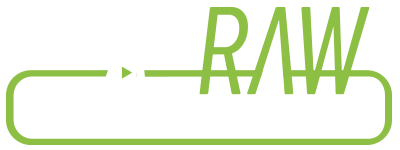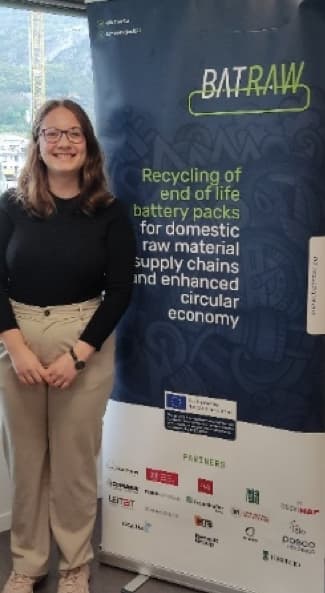IN THIS MONTH’S UPDATE, WE HAVE THE CONTRIBUTIONS OF COMANAI AND FORD OTOSAN TO THE BATRAW PROJECT!!!
As every month, we bring you news about the project from some of our partners. This time, it is the turn of two major companies who have been working so hard since the project began: Comanai and Ford Otosan. Let’s get started!
The Spanish company Comanai is based in Navarre, and it was founded in 2006. It is a leader in high technology industrial consultancy and in the design, development, and implementation of innovative and intelligent engineering solutions.
One of the activities carried out by Comanai is the automation of industrial processes in various value chains. In close collaboration with some partners, they have developed a preliminary design of the semi-automatic battery disassembly chain. This will allow the disassembly of battery packs into modules, a crucial step to carry out an efficient and effective disassembly leading to a complete recycling process in the future.
They are also giving the project visibility:
- Being featured in an article published in Navarra Capital presenting their commitment to standardising the battery recycling process.
- Participating in the NEXUS event. The project was presented at this event, where Navarre presents EU projects carried out in the region. An important outcome, not only for the company but also for the BATRAW project, was the networking and exchange of ideas with actors and stakeholders in the battery ecosystem.
Next, we have our partner from Turkey, Ford Otosan. They are an automotive manufacturing company founded in its current form in 1977. The company offers global career opportunities in the automotive industry and is aiming for a zero-emission vehicle portfolio in the near future with its technologies and leadership in electrification.
As Ford Otosan, they have responsibilities in WP2 and WP7.
Within the scope of WP2, 20 BEV modules, 8 MHEV and 4 PHEV packages were delivered to BeePlanet in September 2022. Safe storage, packaging and transport of these battery modules and packs were provided. Prior to shipment, with the support of Minespider, the Battery Passport was created for the batteries shipped. These passports, which contain technical, size and manufacturer information of the batteries, were prepared in such a way that the requested information is visible to the requested authority. This block-chain based system in the form of a QR code was attached to the battery packs and then shipment was provided.
Within the scope of WP7, Ford Otosan’s tasks include observing the environmental impact of the Turkish battery recycling sector and comparing it with Europe, as well as supporting the LCA studies within the scope of the project. In this context, efforts were made with partners in the Goal & Scope Definition and Life Cycle Inventory phases of the LCA study and developments were followed. In order to observe the environmental impact of battery recycling in Turkey, a company in Turkey was selected and its support was applied. At this stage, in order for this company to proceed in parallel with partners within BATRAW, inventory work will be carried out with the defined Goal & Scope. Again within the scope of WP7, studies are being carried out for the publication of Eco-Design Guideline.





